I grew up with the horrors of the Holocaust seared into my bones. Like mother’s milk I ingested family stories–my imprisoned 14-year-old mother stealing a potato from distracted Nazis to save her best friend who was ill from tuberculosis; my father witnessing his parents and littlest sister forced toward the gas chamber at Auschwitz. During Saturday night Kalooki card games in the Bronx with fellow survivors, my father invariably passed around a creased photo of emaciated, naked corpses lying in a pit, along with lox, bagels and kugel.
Like a nighttime lullaby my mother repeated, “Nowhere is safe for our people but Eretz Yisrael.”
At 12, as I stepped down the boarding stairs of the El Al jet that brought my family from JFK to Lod Airport, my little body burbled with joy. I was an American citizen but as my mother repeated like a nighttime lullaby, “Nowhere is safe for our people but Eretz Yisrael.” Three years later that lullaby played on repeat in my head, steadying me as I gasped for breath, suffocated by images transmitted on our 23-inch Sony of the Munich Olympics being overrun by Palestinian terrorists holding Israeli athletes at gunpoint.
At 17, touching ground at what was now Ben Gurion Airport (named for Israel’s first prime minister), I exhaled deeply. No lullaby was needed to feel safe as I spent the summer scaling trees to pick apples at a kibbutz, climbing Masada and filling scraps of paper with prayers to stick between the cracks of the holiest of holy sites for us–the Western Wall-last remaining outer wall of the ancient Jewish temple. I gave no mental oxygen to the sanctity of this space for Muslims or Christians.
Read More: Hate and Love: A Child of Holocaust Survivors Visits Germany—and Heals Her Heart
Seeing Both Sides
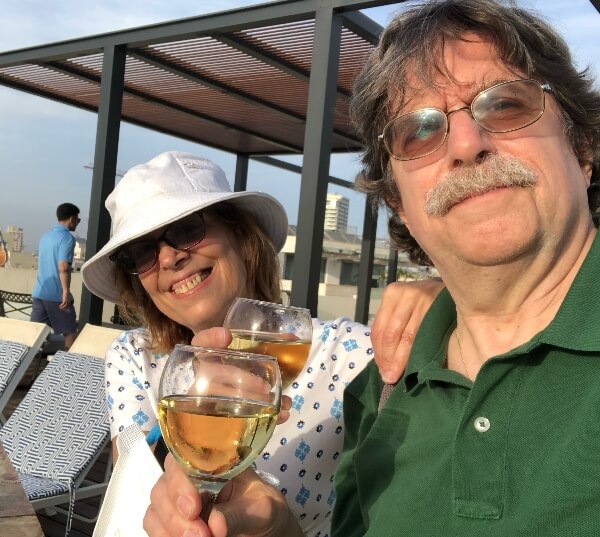
The author and her partner in Israel in happier days last May.
This past May, when I next strode the tarmac at Ben Gurion, my gratitude for Israel’s existence remained unwavering. Hitler’s initial plan was to make Germany Judenfrei (free of Jews) through deportation. In 1939 the M.S. St. Louis, deck heaving with over 900 men, women and children desperate to escape Nazi Germany, was turned away in succession by Cuba, the U.S., then Canada. Forced to return to Europe, nearly a third of the passengers were eventually murdered.
But I couldn’t contain my fear that if my parents knew I was here for Mejdi Tours’ 7-day “dual narrative” expedition–led by both an Israeli and Palestinian guide–they’d roll over in their graves. Dual narrative! Was their formerly sensible daughter smoking the evil smelly cigarette?
Mejdi was created in 2009 by Azi Abu Sarah and Scott Cooper–respectively, a Jerusalem-born Muslim and Chicago-based Jew with a shared background in international conflict resolution. Abu Sarah, whose TED talk, focuses on the power of socially conscious tourism to “erode cultural conflict,” told me: “Exploring one another’s narrative can take you from hating one another to becoming friends.”
I couldn’t contain my fear that if my parents knew I was in Israel for this “dual narrative” tour, they’d roll over in their graves.
It had been 48 years since I’d last made this nearly 6,000-mile trip; but I realized that internally I’d traveled even further from the 17-year-old whose vision of Zionism involved solely Jews in my spiritual homeland.
My narrow focus began widening post 9/11 watching every Muslim be vilified for the actions of terrorists. I morphed from journalist to a psychotherapist working at a clinic treating a ‘rainbow coalition’ of patients. Right before the pandemic I accompanied 49 members of the non-profit Sisterhood of Salaam Shalom (SOSS) on a five-day trip to assist migrants at the Tucson-Nogales border. The mission of SOSS is bringing Jewish and Muslim women together to open our ears to another’s religious beliefs and to oppose hate. Our last night, the multi-cultural sisterhood we had created felt safe enough to share feelings about the ‘powder keg’ issue. A Jewish “sister” shared words that echoed my thoughts: “I’m horrified at Israel’s mistreatment of Palestinians. Yet the existence of a Jewish state is like an existential need.” A Palestinian sister voiced: “I’ve never believed Jewish women, no matter how well-meaning or kind, could truly want a two-state solution.”
During my Middle East trip in May, my group visited Jerusalem, Masada and Yad Vashem, known as the World Holocaust Remembrance Center. In the gift shop I bought a “Chai” necklace–the Hebrew symbol for life. We also toured the 25-foot-high Separation Wall in Bethlehem, built in the early 2000s to prevent suicide bombers from attacking Israel. On May 15th, the 75th anniversary of Israel’s founding, I observed clashes between Jews and Palestinians outside the Holy City. Our celebration is Palestinians’ “catastrophe”–marking their commemoration of a mass displacement, during which 700,000 either voluntarily or through force lost the homes they’d considered their birthright.
Trans-generational Trauma All Around
Two weeks ago, as I grieved over images of Hamas slaughtering innocents on my 36-inch flat screen TV, I recalled the words of Marwa Hammad, a Bethlehem resident and member of the Palestinian peace organization Women of the Sun. “We raise our voices but no one hears us,” she said.
I broke my obsessive channel scrolling of Armageddon to read an email from Hanan Schlesinger, an Orthodox Rabbi living on the West Bank. In 2014 the Rabbi co-founded Roots, a network of local Israeli and Palestinian peacemakers. During my visit, he’d asked: “How could I have not heard Palestinians’ stories, living 30 years right next to them?” Now his email linked to an upcoming Roots’ zoom called “Peacemakers in a Time of War.”
The concierge at the Artist Hotel in Tel Aviv casually instructed us to head to the bomb shelter if air sirens blared.
To me, it looked like a calcification of already near-impenetrable positions on either side of the conflict. The possibility I’d feared most about taking the Mejdi tour wasn’t being wounded or killed in a terrorist attack. Even though the concierge at the Artist Hotel in Tel Aviv casually instructed us to head to the bomb shelter if air sirens blared. Palestinian groups had recently fired over 600 missiles toward Israel in retaliation for our side’s recent airstrikes into Gaza which had killed a few civilians along with the three targeted terrorists.
No, my worst fear was my brethren second generation Holocaust survivors (2Gs) would label me a traitor to my people for fraternizing with those sworn on annihilating us. Many 2Gs suffer trans-generational trauma–marked by a smorgasbord of hellish symptoms including nightmares, anxiety, PTSD, paranoia and guilt that no matter what we endure, our pain will never come near what our parents suffered. We jump at every loud noise; anticipate bad news inside every official-looking envelope.
The 2G mantra is: “But all we have is one tiny state; they have all these other Arab countries.” Like the 900 plus passengers aboard the doomed M.S. St. Louis within eyesight of safety denied permission to dock, Gazans are denied permission to walk a few feet to safety behind the Rafah border crossing into Egypt.
Before Israel built the Separation Wall between Bethlehem and Jerusalem, Women of the Sun’s Marwa Hammad traveled to Israel for picnics, beach visits or to pray at Al-Aqsa-Mosque. After the Separation Wall went up, even a trip to Hadassah Hospital with her toddler involved a hard-to-procure permit from the Israeli government and hours stuck at numerous checkpoints. She told me back in May, “I want my children to see that people are good. They only see soldiers and hear that friends or family have been killed.” I grieve for Marwa’s future grandchildren, who will inherit their own trans-generational trauma.
Enemies and Allies
Since the war broke out, sickeningly but not surprisingly, antisemitic and Islamophobic threats and attacks have increased around the globe.
Hamas is my enemy; Marwa is an ally dreaming of, deserving of peaceful coexistence.
Maybe one day Marwa and I can socialize freely in the Old City.
Turning on the TV, I see pro-Hamas demonstrators demand death to Jews. I tremble. Maybe one day Marwa and I can socialize freely in the Old City. Tragically, today is not that day.
Rabbi Schlesinger’s email stressed a need to keep talking. True, but…clutching my Chai, I recited: “Nowhere is safe for our people but Eretz Yisrael.”
In a post-trip, pre-Hamas terrorist attack, I was on a Zoom with a Methodist minister named Gary Mason in Belfast; he’s the founder of Rethinking Conflict and an architect of the pre- and post-1998 Good Friday agreement between the British and IRA that ended “The Troubles,”a.k.a. the 30-year-long conflict between Northern Ireland’s Protestants and Roman Catholics. Mason told me: “The Irish were seen as intractable. Neighbors were killing neighbors. Of course they could go on killing each other for another 50 years. I know what it’s like to keep burying the dead. If you live in the same space, eventually you have to sit down and negotiate.”
Hate and horror foment more of the same. I pray Israel and Palestine learn the lesson of Belfast, and negotiate for something livable for both sides. It’s either that… or continue to bury our dead.
Read More: “Passport to Paris”: The Secrets of My Mother’s Memoir

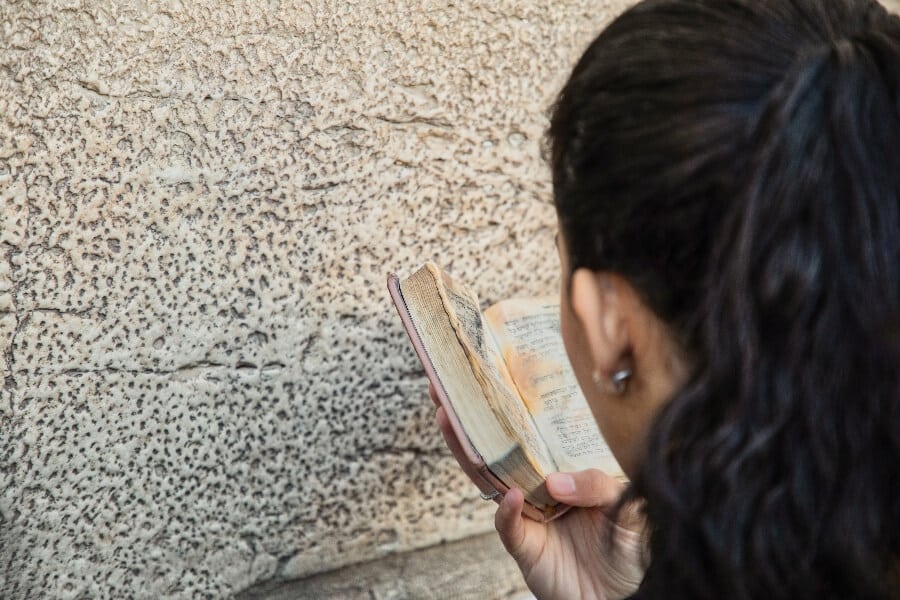
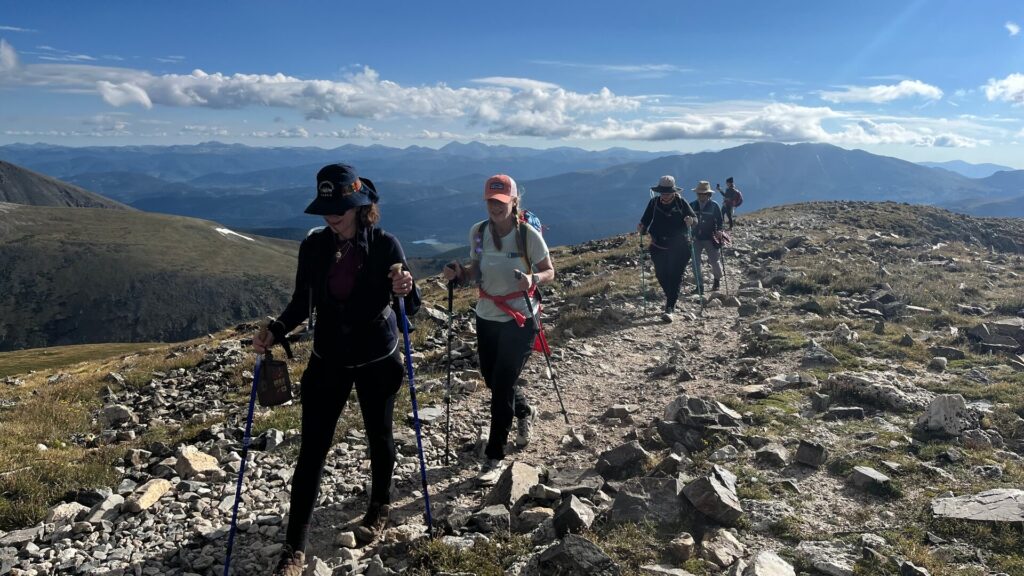



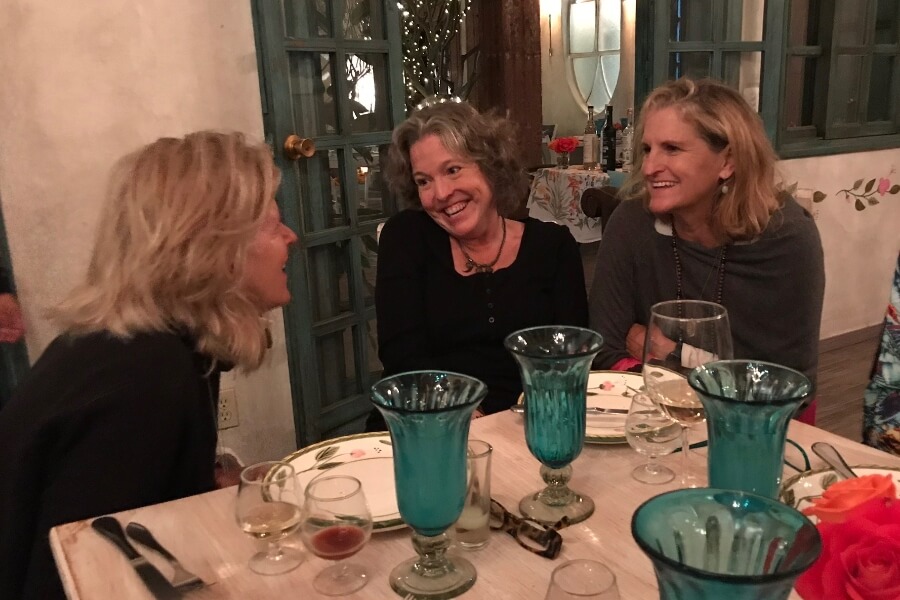
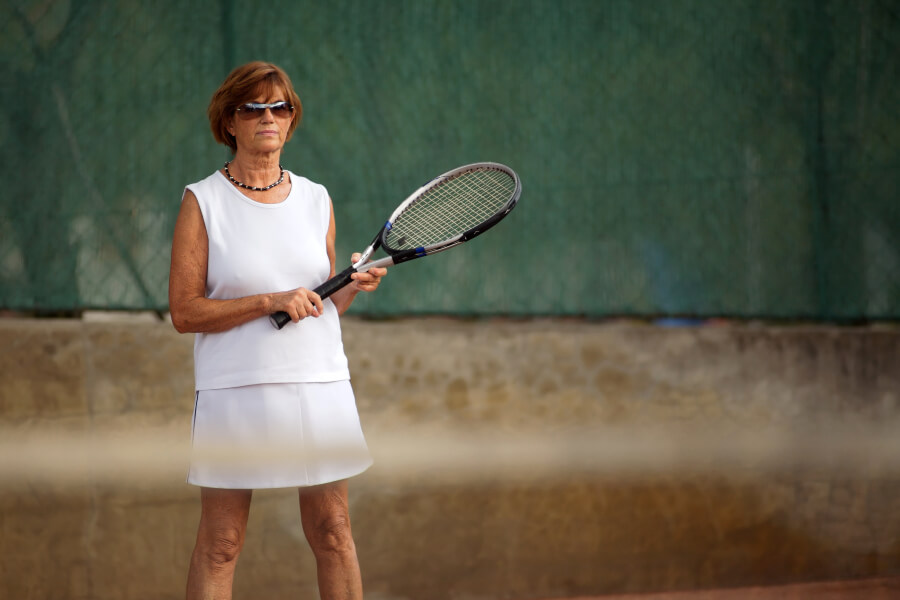
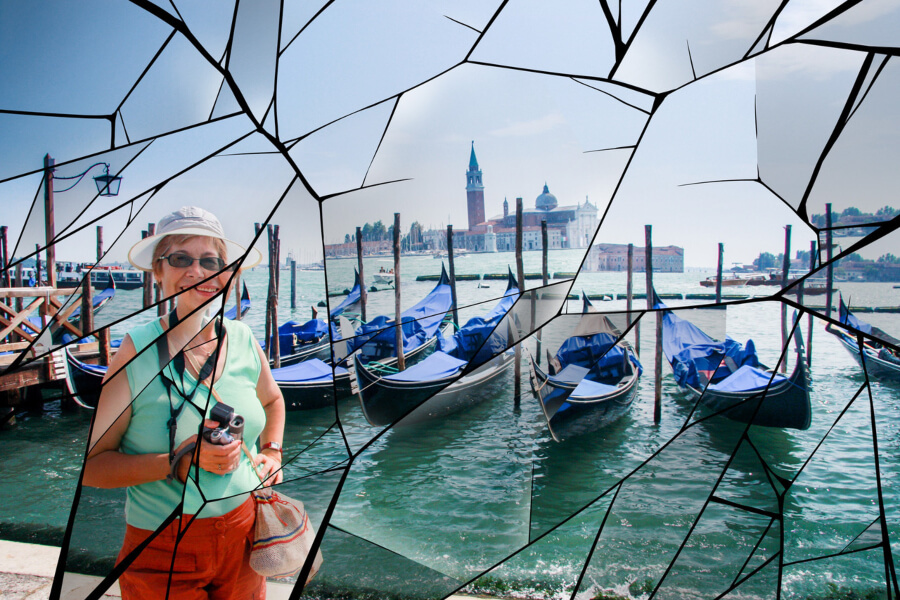
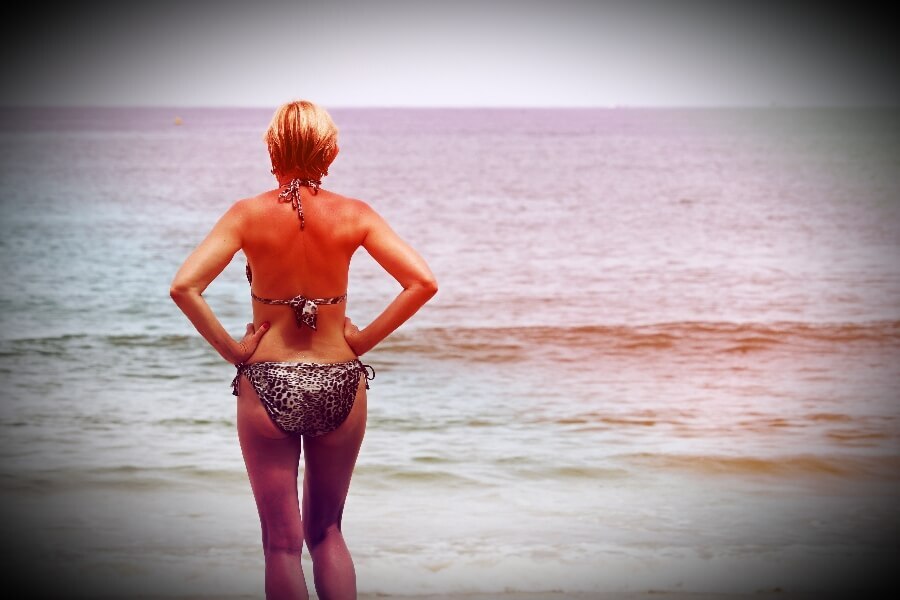
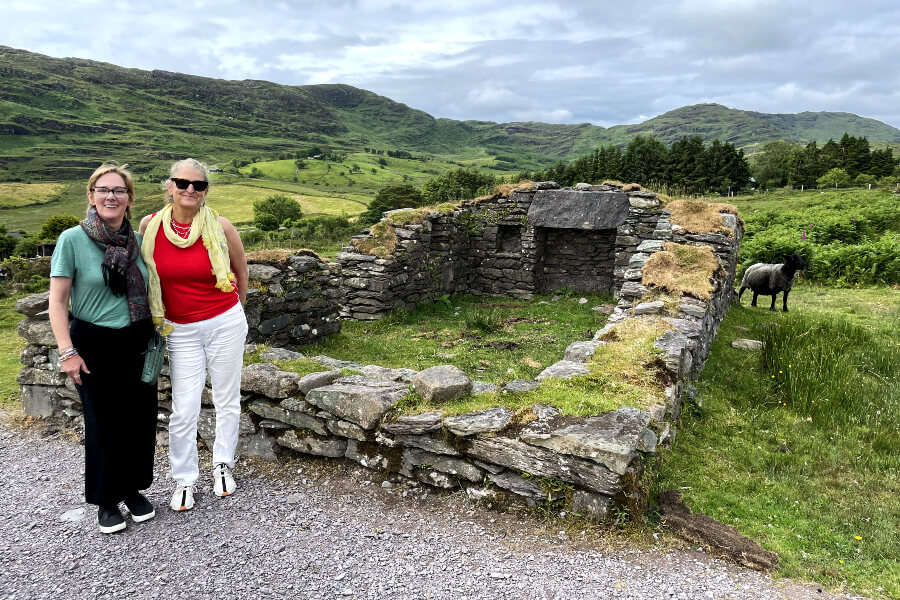
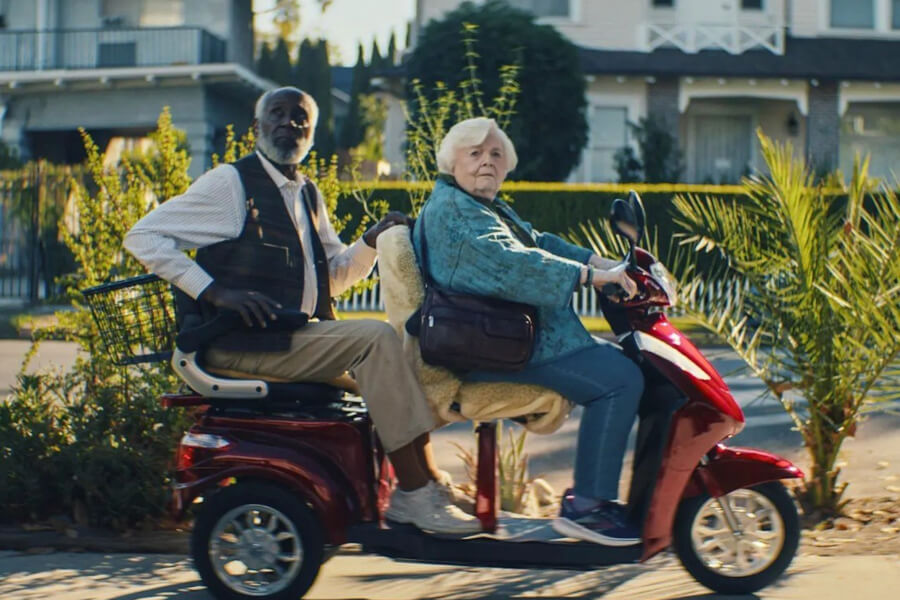
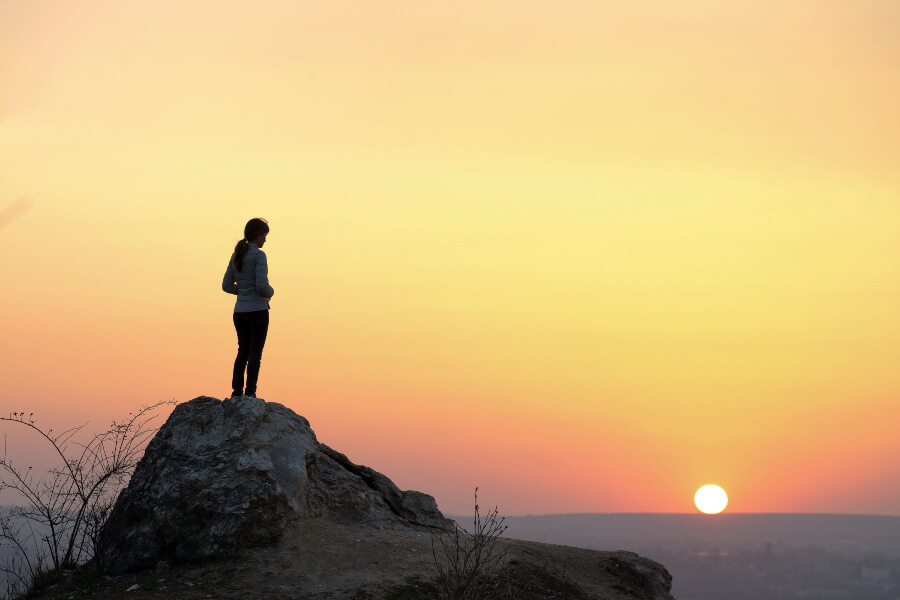
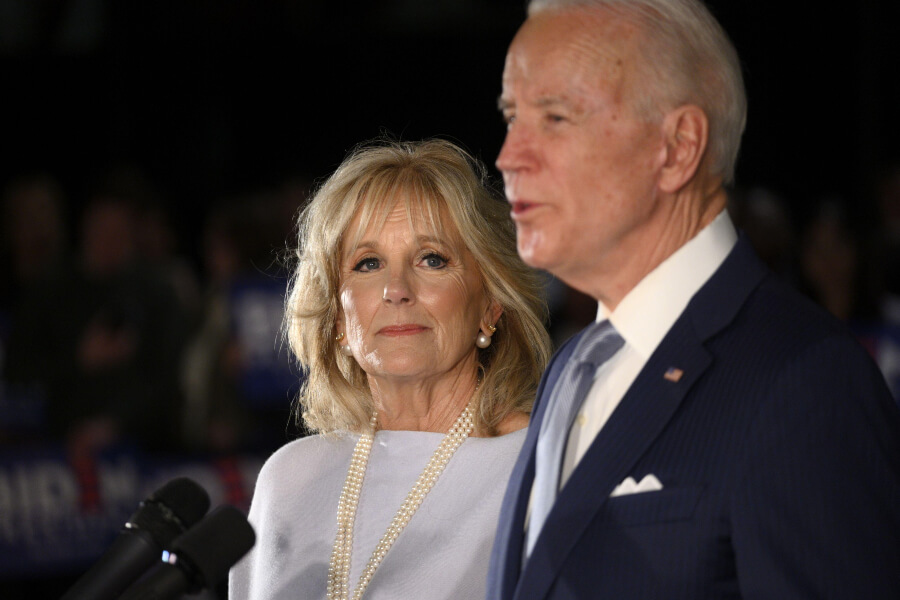

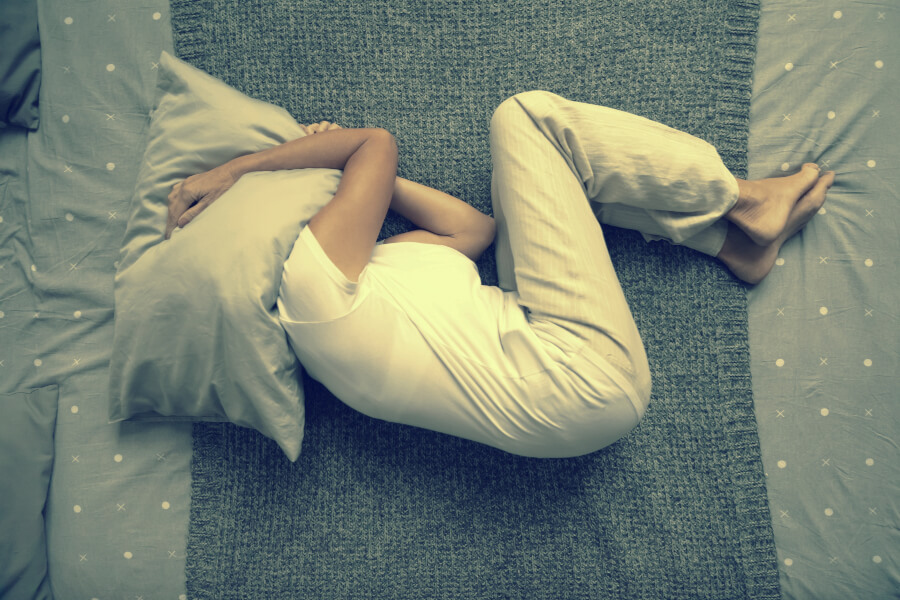
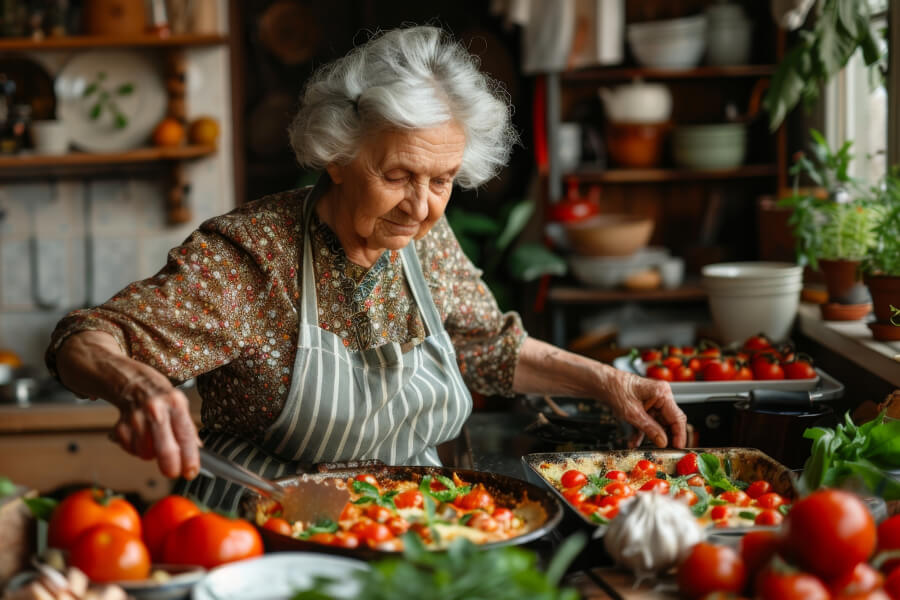

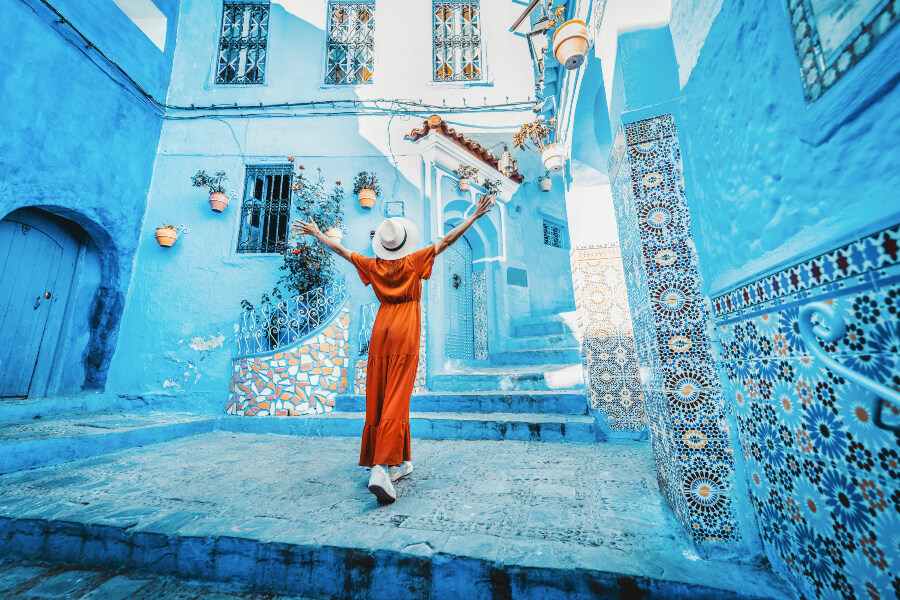
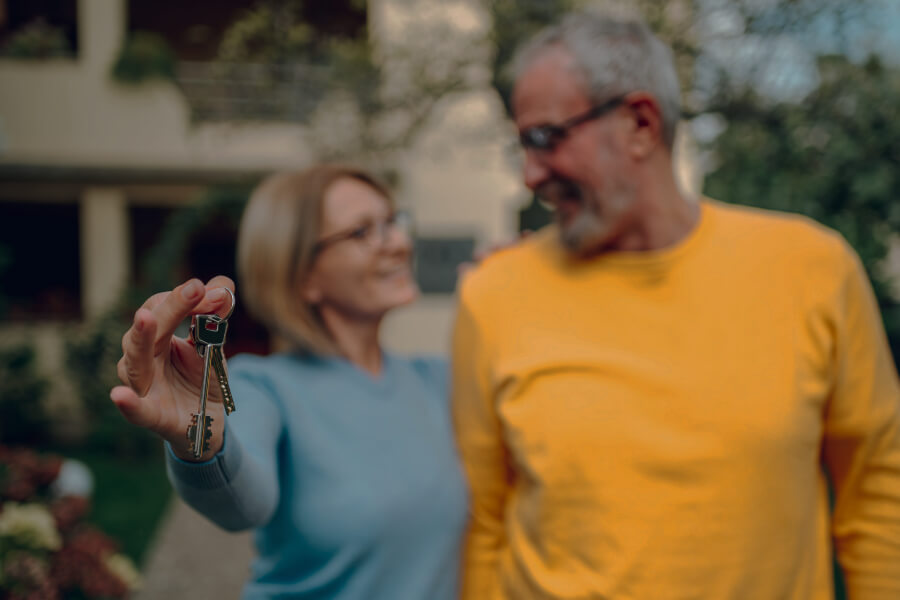

0 Comments